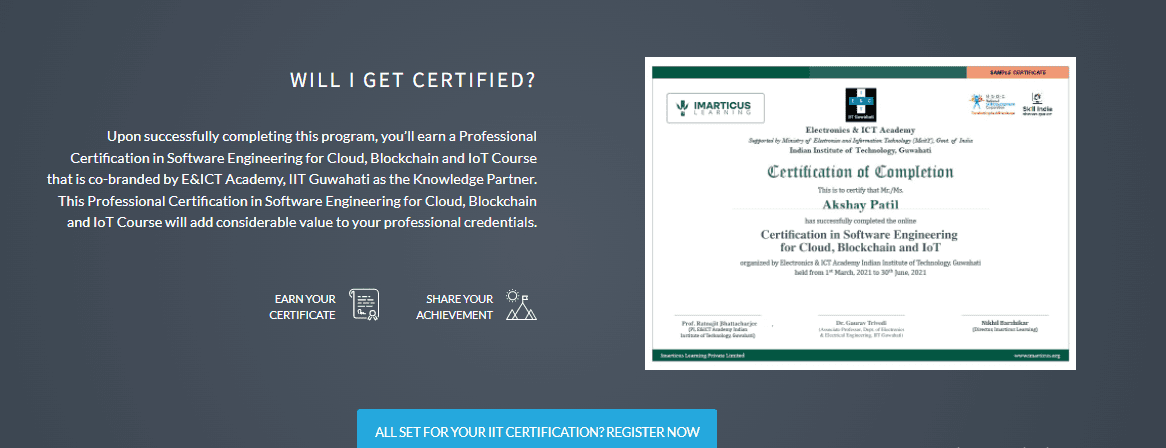The base of any type of development is the proper infrastructure. Blockchain development is no different! When you learn blockchain development, you will be coming across terms such as nodes and master nodes. These are some crucial components of the infrastructure of blockchain. They help with the accessibility of the data in a blockchain. What are they? What do they mean? Let’s find out!
What is a node in blockchain?
As you know, in a blockchain, data is stored in blocks. Nodes refer to the specific areas in these blocks where the data is stored. In simple terms, nodes are the building blocks of blockchain and comprise the computer systems, servers, or any devices that are used for transactions. The nodes are all interconnected to form a strong network that will be hard to manipulate.
There are different forms of nodes such as light nodes which are the users, full nodes which means the systems used for the information transfer, and the master node that has a larger role over the others. There also are other types of nodes depending on their functions and capabilities. A blockchain developer course in India provides more insight into the various types of nodes.
Masternodes are the components that have more authorization for the various functions among the nodes. They come with sophisticated software specifications to perform additional tasks other than the common function such as storage, validation, or broadcasting. They also act as the governing center and the law enforcement department of the blockchain.
To become a blockchain developer one must master the knowledge about nodes and master nodes. Even then, operating master nodes is not easy as it requires paid permission to gain access to it.
How to become a blockchain developer?
Now, you might have got a glimpse of what constitutes a blockchain. So to become a master developer, the primary requirement is to learn blockchain development with the help of a top course.
The SCBI course here at Imarticus will be a great start. This is a 9-month course offered in collaboration with IIT Guwahati. This Certification in Software Engineering for Cloud, Blockchain & IoT course provides in-depth knowledge in all three areas. The course is suitable for anyone starting from scratch as well as for those having some experience in this field. But obviously, it will be easier for those with some experience.
What more is there with blockchain development?
Understanding nodes and master nodes are just entry points for blockchain development. They are just some significant parts of the blockchain system but there is a lot more to learn for developing a system.
The road ahead reveals some programming languages, concepts of mining, hashing, etc. A quality course will also give you the opportunity to learn from the experts in this industry and a chance to be mentored by them.
Having hands-on experience with a project to finish off the course will prepare you well for the job description and the challenges associated. It will also enable you to come up with an innovative way for the models and their implementation.
Types of blockchain developers
There are two types of blockchain developers- Blockchain software developers and Core blockchain developers. The former create applications based on the protocols and provided architecture. The latter type of developers is the ones who create a blockchain architecture from scratch.
The SCBI course helps the former type of developers to create application-based blockchains. It also covers the data science areas such as programming languages, AI, ML, etc.



 Course USP’s:
Course USP’s:





 Therefore, industry experts are there to assist you with any concepts you wish to know more about. These experts develop the curriculum so it is closely related to the current industry situations and needs. Imarticus Learning provides numerous projects for students to complete within nine months.
Therefore, industry experts are there to assist you with any concepts you wish to know more about. These experts develop the curriculum so it is closely related to the current industry situations and needs. Imarticus Learning provides numerous projects for students to complete within nine months. 
